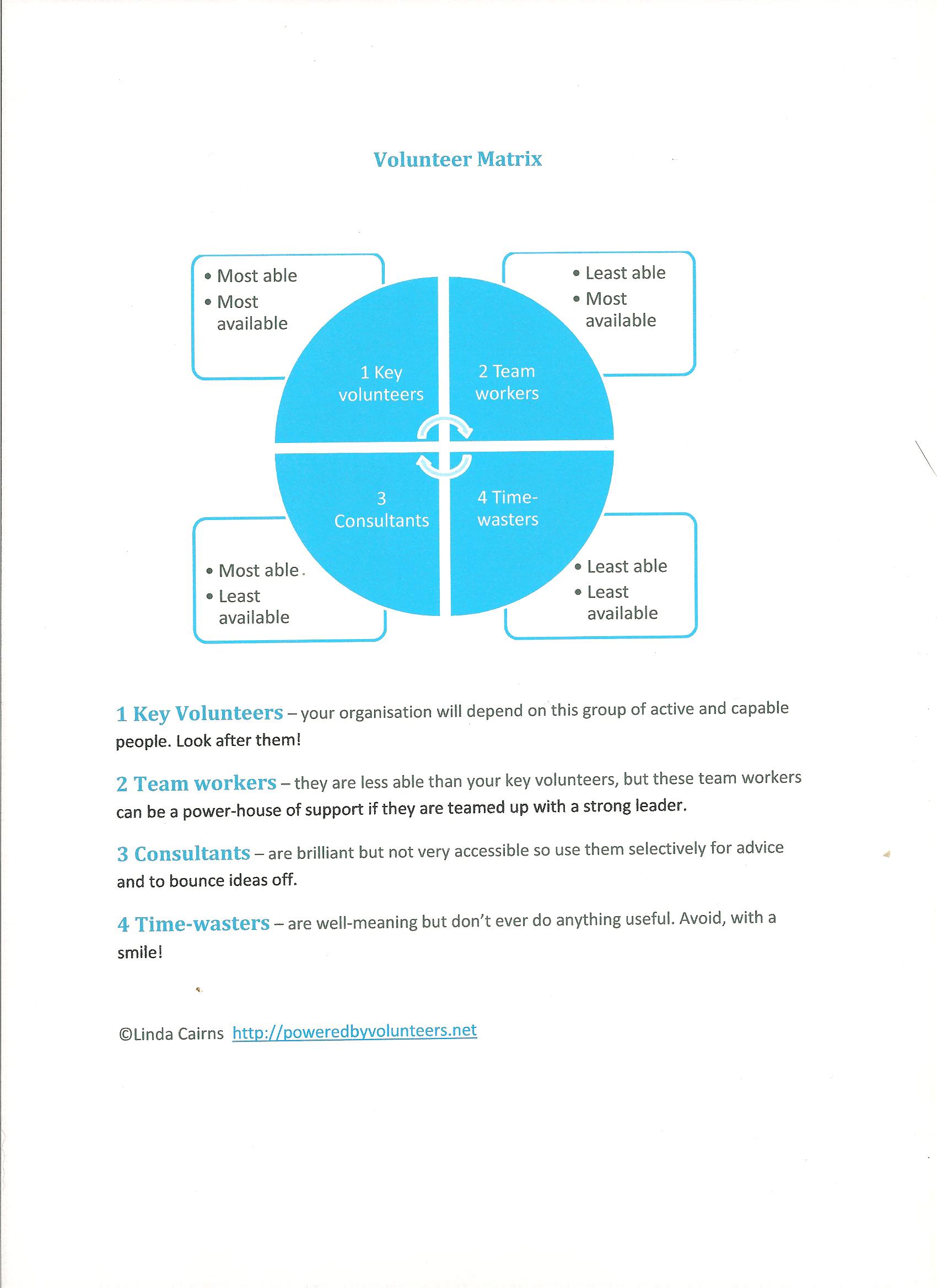Is your Clubmark club seeking new helpers?
Here are two sources of young volunteers that you may not know about:
- Young people taking Duke of Edinburgh programmes
- Students taking community sports leadership courses
DofE (Duke of Edinburgh) programmes are run by Schools, Further Education Colleges and other groups. You probably know that young people go on an expedition as part of the award. But you may not be aware that the award also has physical, skills and volunteering components. Young people do regular, long term stints as volunteers:
- 3 months volunteering for Bronze – aged 14+
- 6 months for Silver – aged 15+
- 12 months for Gold – aged 16+
There is a very helpful DofE website.
Sports Leadership courses are run by Schools, Colleges and Universities. Here is an example of courses.
How do you go about finding these volunteers?
Firstly, enquire among your own membership to see if there are any family members who would be interested in doing their volunteering with your club. It’s always easiest to start with people who know you and know what you do.
Secondly, it is worth building up a relationship with local organisations that deliver DofE and Sports Leadership courses. Bear in mind that DofE and education course programmes run to strict annual timetables and the students will be required to do their volunteering in a specified time window. So clubs need to plan ahead. Don’t expect an e-mail this week to generate a group of helpers for your event next weekend!
To start with, you are best to contact your local school or college – for attention of person in charge of DofE or Sports Leadership training – and let them know briefly:
- the name and location of your club
- what type of activities you organise
- what regular volunteering opportunities arise
- the likely times and duration of these opportunities
- an e-mail and mobile contact number for the volunteer coordinator
- the club’s website address
If you manage to make contact with the right person you can ask them about their needs and, most importantly, their time-scale. The ideal situation for a club to be in, is to be ready to give relevant information at just the right time for it to be distributed to potential volunteers.
Are you worried about what to say to students? Just describe your volunteer roles in language they will understand – and don’t assume they know anything about your club or sport. And be aware that they will be much more interested if they can work in pairs or small groups.
It might sound like a lot of trouble, but schools and colleges work on annual cycles and like to repeat what works. If you can get the right contact, build up a good working relationship and deliver worthwhile opportunities you could be setting up a system that runs for years.
And, while these young people may start as volunteers, their experiences with you may turn them into participants, members or even ambassadors for your sport. So make sure you look after them well.

